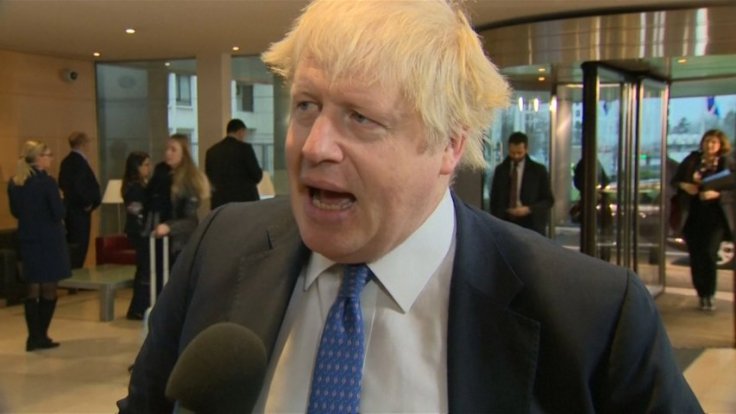
Boris Johnson, the leading candidate to succeed Theresa May as Britain's next prime minister, said he would withhold a previously agreed 39 billion pound ($50 billion) Brexit payment until the European Union gives Britain better exit terms.
The EU has repeatedly said it will not reopen discussion of the Brexit transition deal it reached with May last year, which British lawmakers have rejected three times, prompting May to announce her resignation earlier this month.
May stepped down as leader of the governing Conservatives on Friday.
Johnson, a former foreign secretary in May's cabinet, is popular with ordinary Conservative Party members, who will decide between the two candidates who come top in a series of votes by Conservative lawmakers over the coming weeks.
"I always thought it was extraordinary that we should agree to write that entire cheque before having a final deal. In getting a good deal, money is a great solvent and a great lubricant," Johnson told the Sunday Times.
Britain is due to leave the EU on Oct. 31. If Parliament does not approve a deal - and the government does not ask the EU for another delay - there risks being major economic disruption from a disorderly departure.
The 39 billion pounds represents outstanding British liabilities to the EU, which would be paid over a number of years according to the withdrawal agreement negotiated by May.
Johnson also said border arrangements with Ireland should be settled only as part of a long-term agreement, rejecting a "backstop" which would avoid checks on Northern Ireland's border but which Conservative lawmakers fear is a backdoor way of requiring Britain to continue to follow EU rules after Brexit.
The EU has said guarantees to keep the border open between Ireland and Northern Ireland are an essential part of the transition agreement.
Separately, one of Johnson's rivals, environment minister Michael Gove, said he would scrap the value-added tax (VAT) levied on most goods and services and replace it with a lower U.S.-style sales tax.
Gove told the Sunday Telegraph he wanted to use "the opportunity of life outside the EU to look to replace VAT with a lower, simpler sales tax, ensuring our business tax structure is the most competitive in the G20 and reducing marginal tax rates for the poorest families to reward work."
VAT is one of Britain's main taxes, which the government expects to raise 137 billion pounds this year.
Another leadership contender, Sajid Javid, said he was willing to pay Ireland hundreds of millions of pounds towards the cost of new border arrangements to facilitate a Brexit deal.








